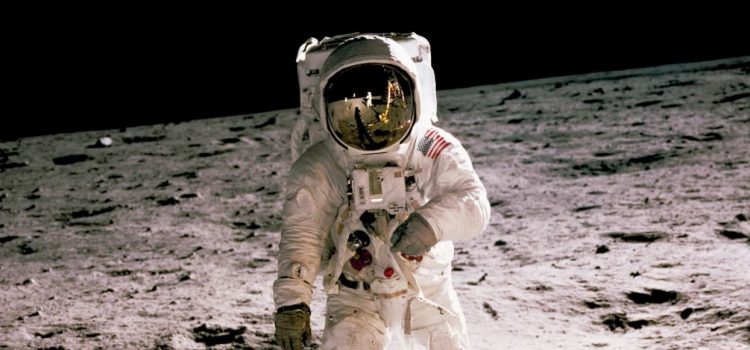

This article is an excerpt from the Shortform book guide to "Brief Answers to the Big Questions" by Stephen Hawking. Shortform has the world's best summaries and analyses of books you should be reading.
Like this article? Sign up for a free trial here .
Is it possible to colonize the moon? How could it be done?
Famous theoretical physicist Stephen Hawking thinks that, not only can we colonize the moon, but that we should. Hawking said in his book Brief Answers to the Big Questions that humans are quickly outgrowing Earth, and they need to colonize outer space or they will go extinct.
Here’s how moon colonization could work.
How We Can Colonize the Moon and Beyond
But is colonizing space even possible? And if so, how do we go about it? Hawking thinks it is possible, and he suggests that we start by colonizing the moon, followed by Mars. He argues that the cost of a program to build bases—and ultimately colonies—there would amount to only a few percent of the world GDP.
Furthermore, Hawking expects that the experience that we gain from building colonies on the moon and Mars, combined with future advances in propulsion technology, would eventually enable us to expand beyond our solar system. He concedes that the laws of physics make it impossible for a spacecraft to travel faster than light, but he points out that there are about a thousand stars within 30 light years of earth. Theoretically, these stars will eventually be reachable by spacecraft. If even a small percentage of these stars have habitable planets, that will give mankind a lot of new real estate to settle.
| Climbing Out of the Gravity Well Although Hawking doesn’t mention it explicitly, his strategy for colonizing space appears to be based on solving the “gravity well problem,” which he certainly would have been familiar with as a physicist. Basically, the “gravity well problem” is that it takes a tremendous amount of energy (usually in the form of a very large rocket) to launch anything into space from Earth’s surface—just like it would take a lot of energy to climb out of a deep well. This becomes particularly problematic if you want to move a large amount of material into space, for example to colonize another planet. However, the moon’s gravity is weak enough that you can escape it much more easily. If you had a colony on the moon, it would be much easier (and cheaper) for the lunar colonists to launch a mission to Mars or somewhere else than it would be for people on Earth. Furthermore, the moon’s crust is rich in light metals like titanium and magnesium, which could be useful in constructing spaceships. This is probably why establishing a colony on the moon is the critical first step of Hawking’s strategy. Once colonized, the moon would serve as an important base of operations from which to launch other space missions. |

———End of Preview———
Like what you just read? Read the rest of the world's best book summary and analysis of Stephen Hawking's "Brief Answers to the Big Questions" at Shortform .
Here's what you'll find in our full Brief Answers to the Big Questions summary :
- The final lessons from Stephen Hawking, published after he passed
- Hawking's thoughts about God and religion
- Why humans should be colonizing the Moon






